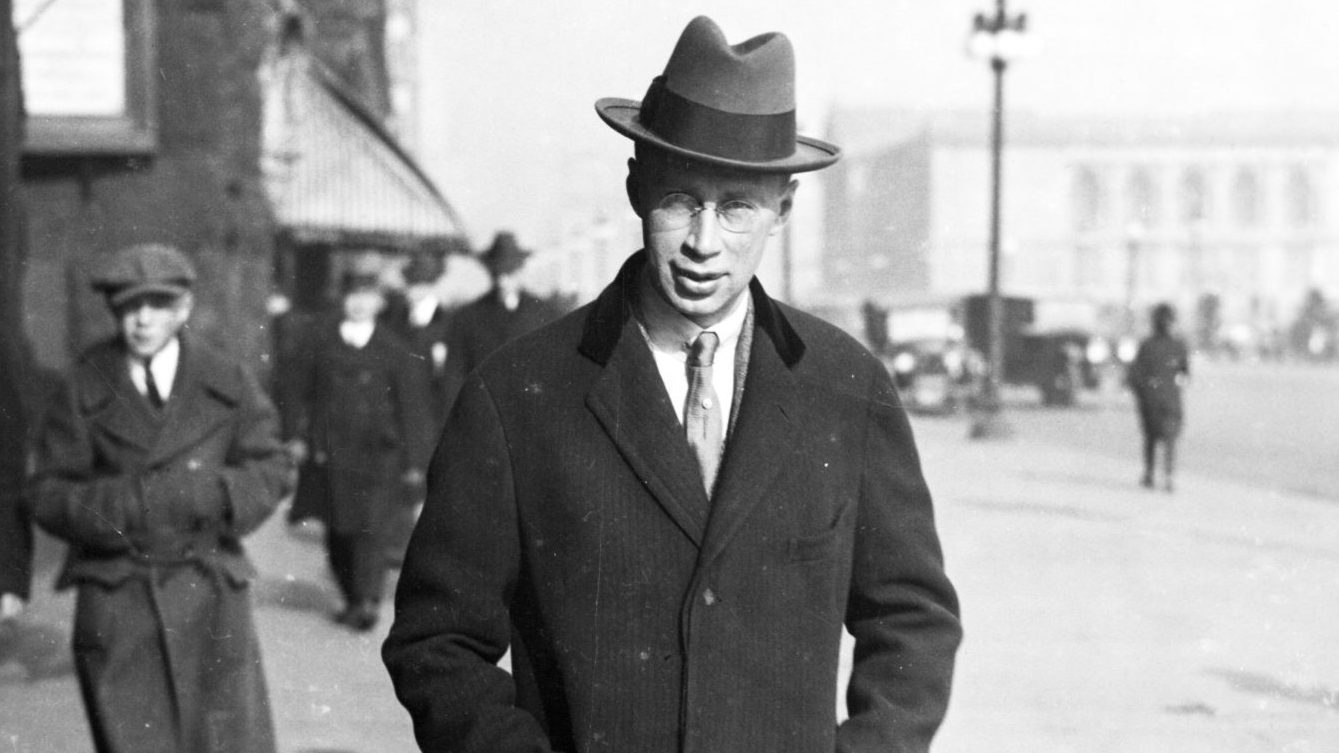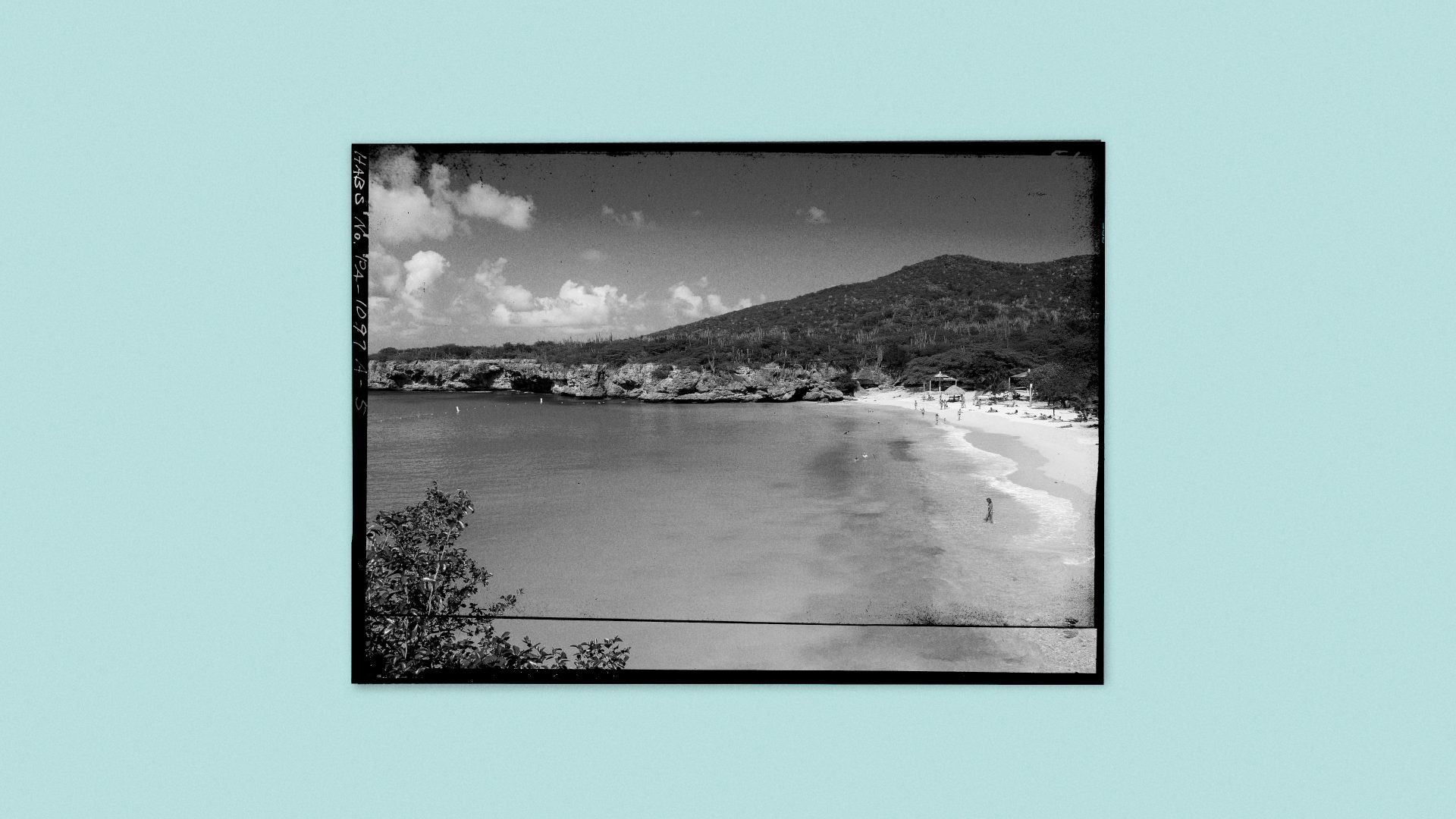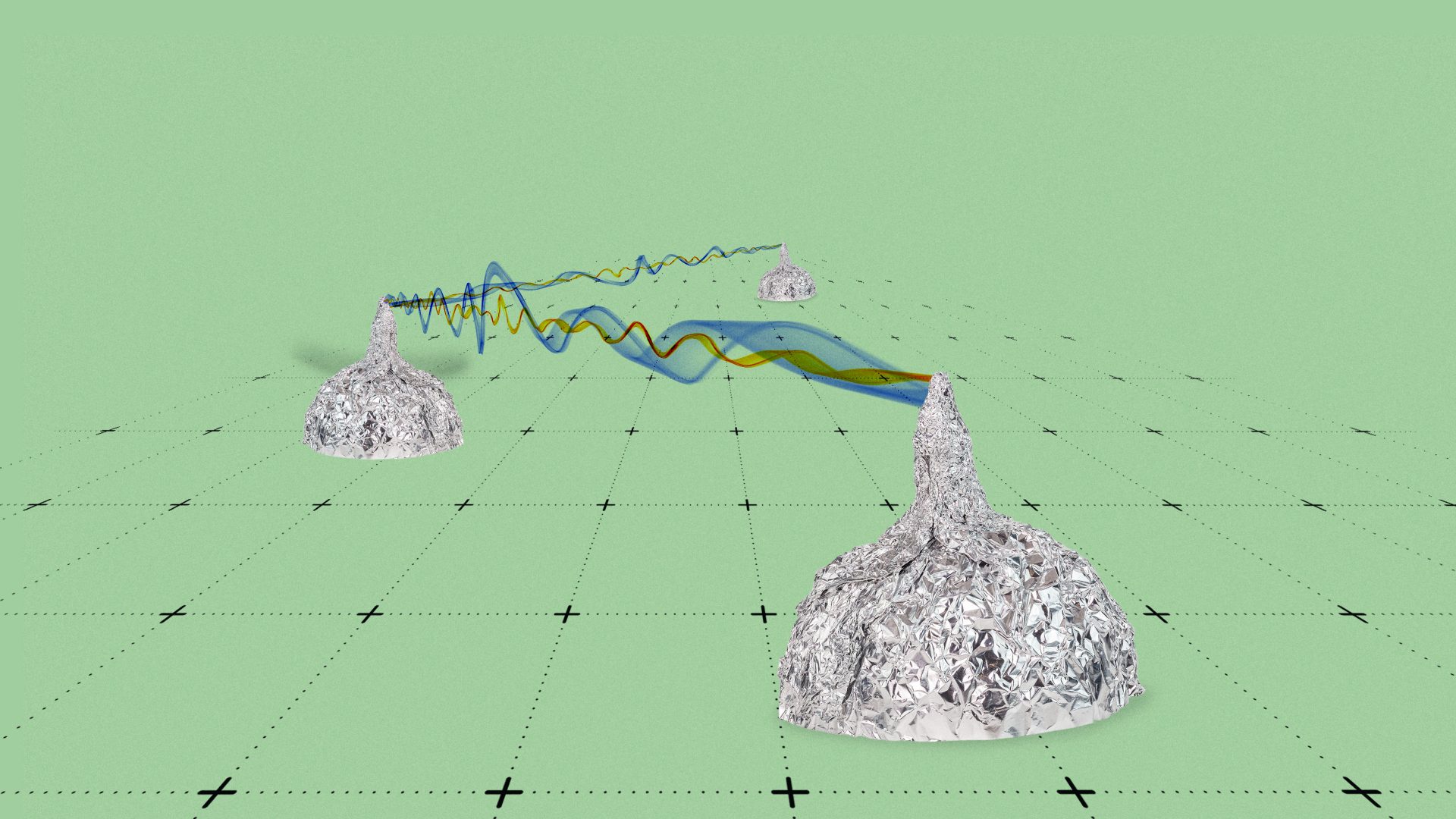One summer’s day in the late 1930s, the pianist Sviatoslav Richter, then a student at the Moscow conservatoire, was walking down a street in central Moscow when he recognised the man walking towards him. “He had a defiant air about him,” Richter recalled, “and passed by me like an apparition. He was wearing bright yellow shoes and a checked suit with an orange-red tie. I could not help turning round to look at him. It was Prokofiev.”
It’s no surprise that Sergei Prokofiev was cutting a particular dash that day. Never a man to knowingly underestimate his own talents, the composer had moved back to the Soviet Union in 1936 after almost two decades of success in the US and Europe, expecting to define the musical future of the USSR. Arguably at his creative peak in the years leading up to the second world war, when Richter saw him that day Prokofiev seemed destined for true greatness.
He’d produced the symphonic tale for children, Peter and the Wolf, in 1936 and two years later Sergei Eisenstein’s epic film Alexander Nevsky was released with a soundtrack by Prokofiev. Knowing that Dmitri Shostakovich, his main rival as the USSR’s foremost composer, had at the beginning of 1936 fallen foul of the Stalin regime will also have buoyed Prokofiev, his high opinion of himself perhaps fostering a mistaken belief he was immune from censure.
Such an attitude was perhaps understandable given the circumstances of his return home. Despite having left the fledgling USSR in the wake of the 1917 revolution, he continued to receive Soviet commissions even while living first in the US and then in Paris. When he indicated his intention to relocate to Moscow he was presented with a range of privileges, including the retention of his passport, allowing him to continue touring abroad and the offer of a home in a prestigious part of Moscow.
Prokofiev was one of very few cultural figures who returned to the USSR after leaving in the wake of the revolution. Certainly, he was the only composer. While vanity undoubtedly played a role in his decision, political naivete and financial expediency were contributory factors along with a sense that his neo-classical creative direction was suited to the cultural environment in the Soviet Union.
His talent was obvious at an early age. Born to an agricultural engineer managing a large estate in Ukraine, Prokofiev enjoyed a privileged childhood as an only child educated by a string of governesses from western Europe. When he played with the other children of staff living on the estate, his elevated social position meant they addressed him with the formal version of “you”, forging a sense of superiority that would never dim.
Encouraged by his mother, Prokofiev began composing pieces for piano at the age of four and wrote his first opera at nine. From 12 he spent an unhappy decade at the St Petersburg conservatoire where he was taught by Rimsky-Korsakov but learned more from avant-garde extracurricular activities than his conventional studies.
A graduation present of a trip to London on the eve of the first world war introduced Prokofiev to the Ballet Russes – he would go on to collaborate regularly with Diaghilev – and allowed him to take in performances of Stravinsky’s ballets Firebird, Petrushka and The Rite of Spring, all of which proved to be key influences on his own work.
International success came with his first symphony, known as the Classical and written against the background of the 1917 Revolution. That cataclysm prompted a move to the United States the following spring, but the conservatism of American audiences and the hostility of critics soon sent him back to Europe in search of creative appreciation. He found greater acceptance in Paris, from where he toured extensively as a concert pianist throughout the 1920s and early 1930s. This included regular performances in the Soviet Union.
A combination of Diaghilev’s death and the fallout from the 1929 Wall Street Crash prompted lean times for Prokofiev, who received only two commissions from western Europe between 1932 and 1936 but several from the Soviet Union including his ballet Romeo and Juliet and Peter and the Wolf, adding to the circumstances that prompted his permanent relocation to the USSR.
He arrived with his Spanish-born wife Lina two months after an article in Pravda had torn Shostakovich to pieces for his modernist style, a hammer blow to the composer’s reputation and a warning to other composers to beware.
Where others saw danger, Prokofiev saw an opportunity, even when the signs should have been obvious. The production of his 1939 opera Semyon Kotko was postponed after the arrest of its director Vsevolod Meyerhold, who was shot a few months later. When Prokofiev was asked to submit his passport for a bureaucratic formality in the early 1940s it was never returned and, despite having been commissioned to write music for a number of state occasions including Stalin’s birthday and a widely-praised operatic adaptation of War and Peace, his world began to fall apart.
In February 1948 a state decree was issued against Soviet composers for what the authorities called their “formalism”, departures from traditional Romantic forms. Prokofiev was summoned with other musical figures to hear the decree being read but still didn’t seem to appreciate that it applied to him. The cellist Mstislav Rostropovich recalled that as Stalin’s deputy Andrei Zhdanov gave his speech excoriating Soviet composers, Prokofiev “carried on talking to his neighbour, the next conductor of War and Peace”.
A few days later some of Prokofiev’s compositions appeared on a list of banned works, forcing him to write a grovelling letter to the Union of Soviet Composers, and three days after that, on February 20, his wife Lina, from whom he had separated in 1941, was arrested for alleged espionage and sentenced to 20 years in a Siberian labour camp.
Prokofiev escaped a similar fate but endured failing health during his last years as the commissions dried up. He died at his apartment near Red Square within an hour of the death of Stalin. The composer’s demise was not announced officially until the extensive period of mourning for the dictator had ended, by which time his sparsely attended funeral had long taken place.
Lina Prokofiev suspected the news when the prison camp tannoy system began playing his music. A letter from her son arrived soon afterwards. “What a terrible coincidence that Papa…” it read; the rest of the sentence “…died on the very same day as Stalin” was blacked out by the censor.
It was an ignominious end for one of the most significant composers of the European 20th century, a man who found himself at the heart of epoch-defining political turmoil yet barely seemed to notice.
“I care nothing for politics,” he told a friend soon after returning to the USSR. “I’m a composer first and last. Any government that lets me write my music in peace, publishes everything I compose before the ink is dry and performs every note that comes from my pen is all right with me.”




